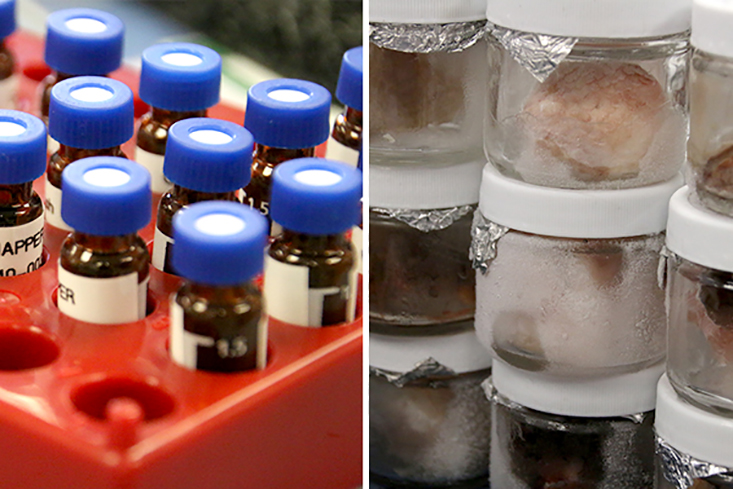Written by Sean Beckwith, PhD student
NEW ORLEANS, LA – Similar to the dramatic decreases in benthic fauna seen after the Deepwater Horizon (DWH) oil spill, the deep pelagic zone (depths greater than 200 meters) also experienced heavy losses in fish biomass. At the GoMOSES conference on Wednesday morning, in Session 7, “Organismal Responses to Oil Exposure: From Individuals to Ecosystems,” Dr. Isabel Romero (USF CMS/C-IMAGE) reported that a full 50 to 80% reduction in deep pelagic biomass was observed after the 2010 oil-well blowout.
Romero discussed year-by-year sampling data, highlighting a key biomarker used to track impacts of oil spills: the concentration of polycyclic aromatic hydrocarbons (PAHs) in muscle and other tissues. A spike in PAH concentrations was seen in 2010 and 2011 following the DWH oil spill, and a recovery to earlier levels was seen in 2015 and 2016.
However, digging a little bit deeper, Romero and colleagues found elevated, even lethal, concentrations of PAHs in unhatched fish eggs. Through bioaccumulation of PAHs in lipids, a maternal transfer resulted in the presence of PAHs in the eggs.
The scientific community is yet to draw any final conclusions on this matter, but the Gulf could possibly experience a loss of a generation of fishes.
